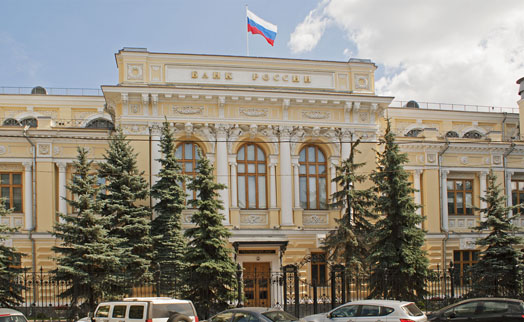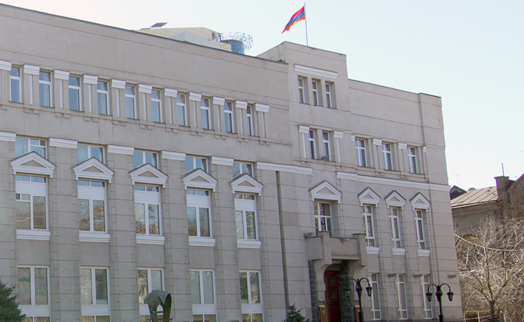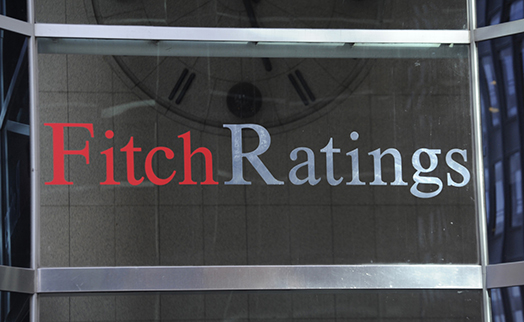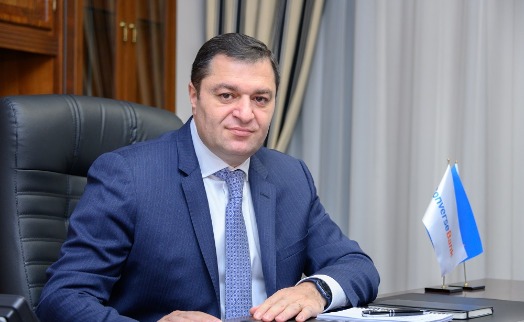13.01.2010 15:19

YEREVAN, January 13. / ARKA /. Council of Europe Committee of Experts on the assessment of anti-money laundering(AML) and combating the financing of terrorism(CFT) published its mutual report on Armenia, prepared in the third round of estimates, on January 12, the official website MONEYVAL stated.
The report was prepared by the International Monetary Fund (IMF) under the agreement on cooperation between the IMF and the MONEYVAL Committee and has been adopted at the 30th plenary meeting of the Committee (Strasbourg, September 21-24, 2009).
MONEYVAL additionally assessed compliance with European Union directives, which falls within the purview of this Committee.
The report provides a summary of the AML/CFT measures in place in Armenia and of the level of compliance with the Financial Action Task Force (FATF) 40+9 Recommendations, and contains recommendations on how the AML/CFT system could be strengthened.
According to the basic findings of the report, Armenia has made significant progress in its AML / CFT over a relatively short period.
In particular, Armenia replaced the first AML/CFT law, enacted in 2005, with a more
comprehensive law, which was passed in 2008.
However, the new law requires effective enforcement, especially by the Designated Non-Financial Businesses and Professions (DNFBPs).
At the same time, the report stated that the Financial Monitoring Center (FMC), which is a part of the Central Bank of Armenia and serves as the Financial Intelligence Unit, is knowledgeable and active in its work, however it is understaffed.
The AML/CFT preventive measures for financial institutions operating in the financial system are comprehensive, provide for risk-based elements, and are relatively close to the FATF Recommendations.
The implementation across all sectors is evolving, particularly for the nonbanking sectors (transactions in securities, insurance, the exchange of foreign currencies and the implementation of remittances).
Armenia’s criminal provisions for money laundering are basically sound and address many criteria under the FATF standard, however, legal persons are not subject to criminal liability under the Armenian law.
The criminal provisions relating to terrorism financing are broadly in line with the TF
Convention.
However, the TF criminal provision is not in line with FATF Special Recommendation
II, because it does not extend to situations in which property or funds are provided to individual terrorists or terrorist organizations without the intention or knowledge that the funds will be used in the commission a specific act of terrorism.
At the same time, the criminal provisions of Armenia on the fight against money laundering is fundamentally rational and take into account many of the criteria standards of the FATF, but the Armenian legislation does not provide criminal liability for legal persons. Despite a number of convictions, the court has not yet been rendered no decision, which gives that money laundering could be followed by criminal prosecution as a separate offense, regardless of a conviction for accessory act.
The provisions relating to the confiscation of property involved in the commission of money laundering, terrorism financing and predicate offenses meet several albeit not all criteria of the international standard.
Most notably, confiscation is not available for all FATF designated predicate
offenses.
Armenia also should review existing mechanisms for the freezing of assets in order to fulfil the obligations under UN Security Council resolutions 1267 and 1373.
All DNFBPs as described in the FATF definition are encompassed within the AML/CFT Law as reporting entities.
The preventive measures for DNFBPs set forth in the AML/CFT law are similar
to those for financial institutions; however the additional regulations, rules or guidance in place for financial institutions to complement the requirements of the AML/CFT law are not applicable to DNFBPs.
Consequently, the DNFBPs legal regime of preventive measures is substantially deficient.
The supervisory and regulatory regime in respect to DNFBP also needs refinement.
At the same time, the report noted significant improvements in the national cooperation framework and practices have taken place over the past few years with the establishment of a national body with a wide mandate in relation to financial crime.
Also, the legal framework for mutual legal assistance (MLA) and extradition is sound and the provision of MLA is not subject to any unreasonable or unduly restrictive conditions.
Even though not required by law, in practice Armenia provides any form of MLA only subject to dual criminality.
Simultaneously, the report stated that there is lack of comprehensive and meaningful statistics precluded a meaningful assessment of the level of effectiveness of AML/CFT measures across all sectors and recommended to strengthen this.
The report also noted that MONEYVAL will monitor the implementation of its recommendations through the submitted interim reports, in which States Parties must notify the Committee of measures taken to implement the recommendations of the mutual evaluation report one year after its adoption. –0-
Read the news first and discuss them in our Telegram
Tags:






























